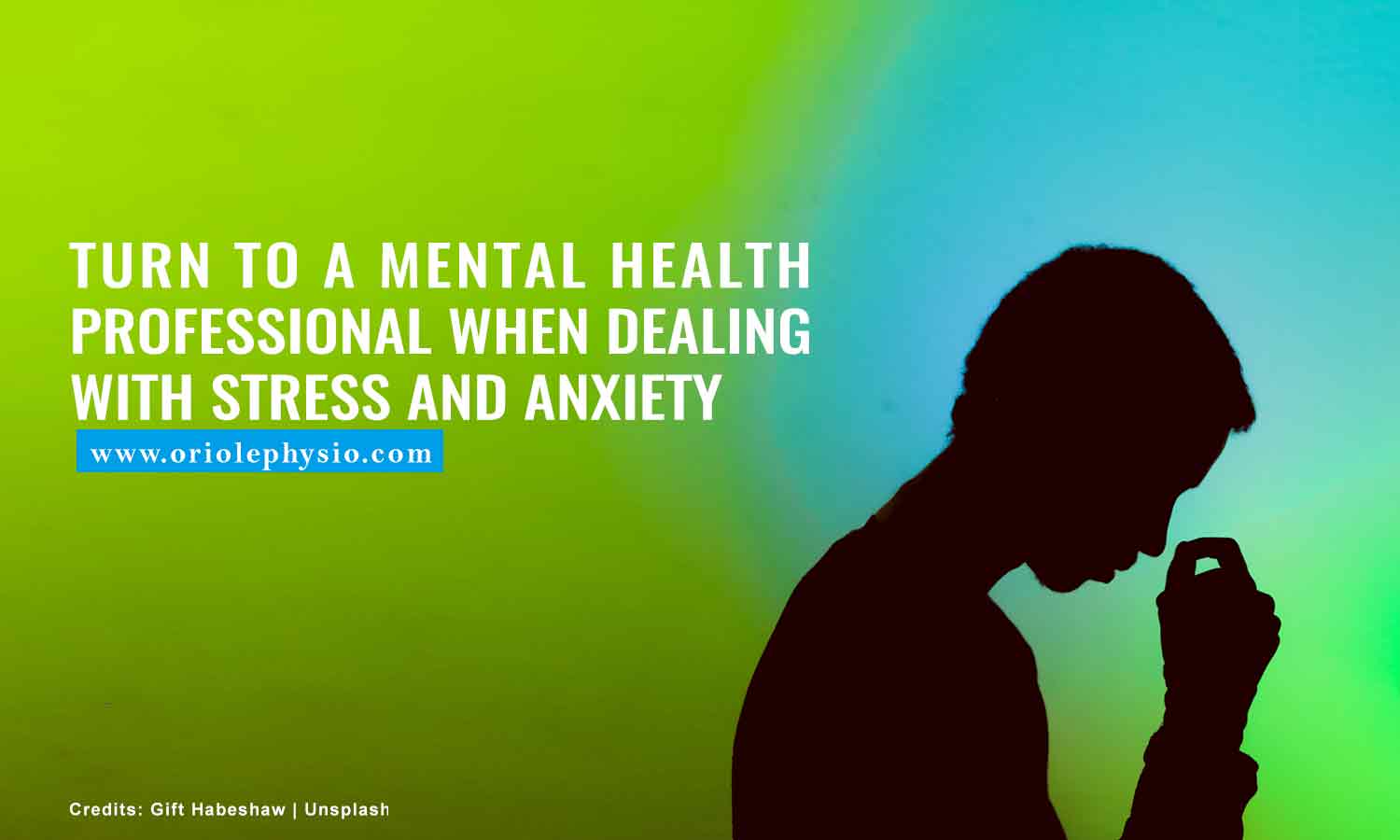Back Pain and Emotional Distress: How Are They Related?
Back pain is a common condition experienced by four in five adults worldwide. At some point in our lives, we will experience back pain in varying degrees of discomfort. Many patients will recover from the discomfort and return to their regular activities in a span of two to four months without undergoing treatment.
Suffering from severe back pain can cause emotional distress. The experience can also trigger different reactions that include anxiety, fear, and worry over the possible cause/s of the pain, duration, and how it affects daily activities. The experts at the International Association for the Study of Pain define pain as an “unpleasant sensory and emotional experience” linked to actual or potential damage. What pain does to an individual’s emotions and psyche are, unfortunately, intrinsic. However, these can be remedied.
Pain management and physiotherapist-guided treatment programs are essential in achieving full recovery. Knowing the link between back pain and emotional stress can help facilitate healing.
The stress and pain connection

Understanding the relationship between pain and distress can help patients minimize emotional factors associated with their pain. When left unaddressed, stress and anxiety can magnify a person’s perception of pain and even lower their coping skills.
This is because there exists a strong link between the state of mind and the physical condition. Pain induces stress which in turn, amplifies the pain, perpetuating an ongoing cycle that can be difficult to break without expert intervention.
Back pain-related stress can result in the following:
- Irritability
- Lower mood levels
- Difficulty concentrating
- Helplessness
- Tensed muscles
- Loss of sleep
- Poor memory
- Decreased appetite
- Desperate attempts to ease the pain (exploring the possibility of undergoing invasive medical procedures)
People who are experiencing constant back pain are also prone to worrying that they might not get the most out of their life due to limited participation in daily activities. This can lead them to feel depressed and anxious. The worse you think of your pain, the worse it will likely feel.
Some patients going through a bout of back pain can magnify the pain in their minds until it feels far worse than it actually is. This phenomenon is known as “catastrophizing”. A person who has given in to catastrophizing tends to play a range of unrealistic scenarios in their mind.
Psychological treatments for back pain

Education and intervention by your healthcare provider are instrumental in the prevention and relief of back pain-induced stress and anxiety. It also helps to be proactive in seeking treatment for your condition. Because back pain naturally causes psychological and emotional distress, it can cloud your judgment and your coping mechanism.
The goal is to avoid getting caught in the chronic pain cycle. A simple reassurance from your trusted healthcare practitioner and reminding yourself that pain is temporary are a great stride towards avoiding being preoccupied by pain and worrying about its symptoms.
The good news is there are different psychological therapies that have been proven successful in managing pain and anxiety. These interventions include:
- Stress management
- Cognitive-behavioural therapy
- Relaxation training
- Mindfulness practice
- Hypnosis
- Biofeedback
Certain medications are also available to alleviate anxiety, depression, and sleep problems. Integrating pain management programs with your medical treatments can aid the success of your back pain recovery.
Where necessary, your physiotherapist can refer you to a psychologist who can design a pain management therapy that’s tailored to your needs. This therapy aims to introduce you to effective methods in coping with your pain.
What to expect during a consultation with your healthcare provider

To reduce emotional stressors caused by back pain conditions, it is necessary to consult with your healthcare provider and ask questions about your pain. This is helpful in leaving no room for uncertainties or anxieties to arise. Managing and minimizing your anxiety are possible when you have a firm understanding of your symptoms.
Pain that lasts beyond two to four months (considered the normal healing time frame for the majority of back pain cases) can eventually become chronic. Chronic pain can cause increased psychological and emotional distress.
When the pain becomes chronic, stress, frustration, anger, and feelings of helplessness may arise. To ease these signs of distress, set proper expectations with your physiotherapist and make sure they’re attending to your physical and psychological needs.

During the consultation, you and your physiotherapist should help one another. When consulting with your physiotherapist, you should:
- Express your concerns about your back pain condition. Remember that fear or worry over a serious medical condition or disability is normal for patients.
- Ascertain that your physiotherapist is able to explain and articulate the findings of tests and evaluations. Ensure that you understand what the results mean and are able to explain them in your own words.
- Make sure your physiotherapist discusses with you how to safely lead an active lifestyle if they recommend that you remain active during the course of your treatment.
- Let your physiotherapist know of any functional difficulties you’re encountering due to your pain (e.g. difficulty bending over, lifting, and/or sitting up straight) and allow them to determine how to address these difficulties. Your therapist can also help you identify ways to overcome any problems you may have with performing daily work activities.
- Have your physiotherapist clearly explain to you the information around your diagnosis and prognosis. Before leaving the clinic, you should understand the nature of progression of back pain, signs of improvement you can expect moving forward, and when it can happen. Any recommendations should be documented on paper so you can go back to them at home. Jotting down your own notes is ideal.
Tips to manage emotional stress and back pain

While undergoing treatment, follow these practical tips on how to effectively deal with stress and back pain:
- If you have chronic back pain, consider seeing a team of experts to look into your condition. These experts can include your doctor, physiotherapist, orthopaedic doctor, a pain specialist, and psychologist. Make sure each of them have experience in addressing chronic pain.
- Be an active participant throughout your treatment. It helps to keep a journal where you can record the pain symptoms you’re experiencing, helping you to keep track of patterns and the specific triggers of your pain.
- Try relaxation methods like deep breathing and muscle relaxation to ease tense muscles that are contributing to your back pain.
- Work with your physiotherapist in coming up with a physical activity that’s comfortable for your condition. Avoid doing more than your body can handle, but don’t be inactive either.
- Keep your mind occupied. Spend time with your friends, watch movies, read a book, or take a leisurely walk to distract your mind from the pain.
If you are in need of physical therapy for your back pain, turn to the physiotherapists at Oriole Physiotherapy & Rehabilitation Centre. We specialize in treating chronic back pain for North York patients. We have the latest techniques and advanced treatments to reduce your symptoms and assist you towards full recovery. To book an appointment, call us at (416) 221-0772 for exceptional and personalized care or send us a quick message through our Contact Us page.

